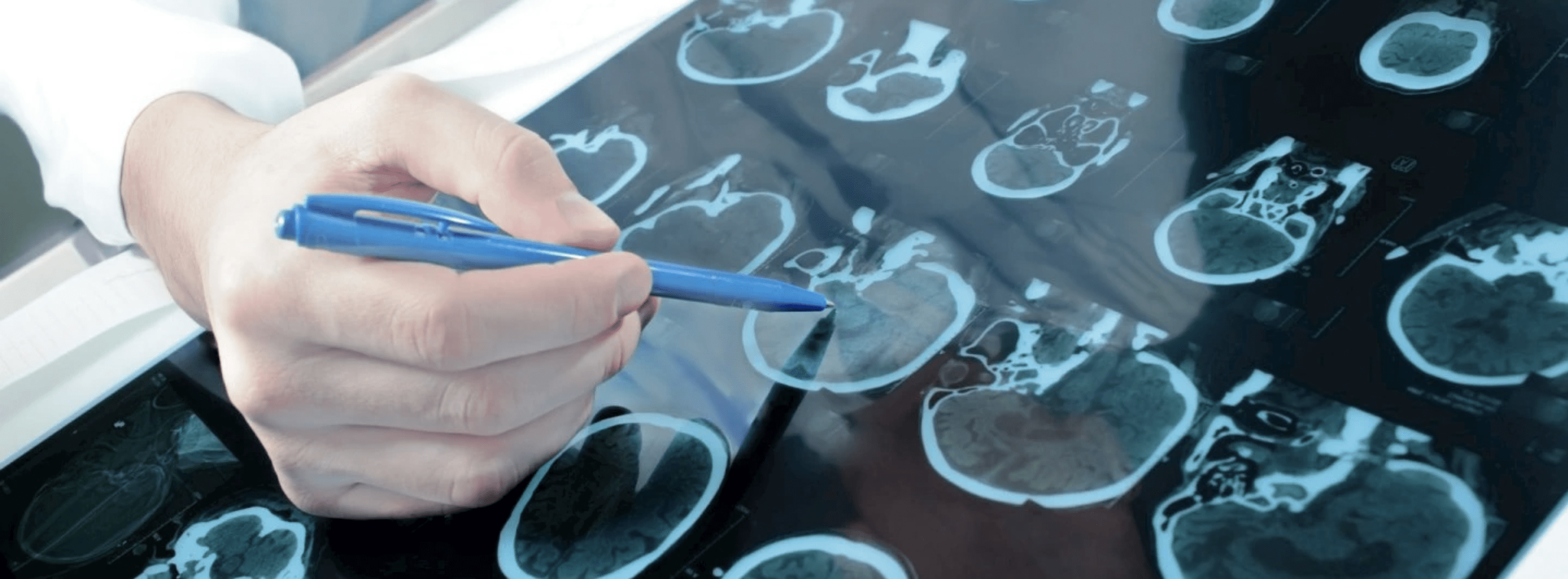Is it possible for nanoparticles to go through the digestive system and deliver medicine directly to the brain tissue? Researchers from Michigan State University say yes, and their latest findings are expected to benefit patients with neurodegenerative disorders like multiple sclerosis, or MS; amyotrophic lateral sclerosis, or ALS; and Parkinson’s disease, or PD.
“Our work is focused on identifying the biological identity of nanoparticles, including the type of proteins that come to their surfaces,” said Morteza Mahmoudi, an associate professor in the Department of Radiology and the Precision Health program in the MSU College of Human Medicine. “This is important because the type of proteins that come to the surface provide a unique pattern that can give the green light to pass the blood brain barrier and work directly in the brain tissues.”
Consistency in lab analysis of nanomaterials
Mahmoudi and his research team recently published two papers on the biological identity of nanoparticles. These papers “Measurements of heterogeneity in proteomics analysis of the nanoparticle protein corona across core facilities” and “A uniform data processing pipeline enables harmonized nanoparticle protein corona analysis across proteomics core facilities,” both published in Nature Communications, establish the need for standardized procedures in protein corona analysis, which is vital for advancing clinical applications of nanoscale biotechnologies.
“We prepared identical nanoparticles with the protein corona and sent them to 17 different evaluation centers,” Mahmoudi said. “We found significant data variability with only 1.8% of proteins consistently identified by all, so we developed a method of analysis to help labs more accurately reproduce data from the biological identity of nanoparticles. This will help the scientific community be more harmonized.”
Nanoparticles treat neurodegenerative diseases
Related work, “Protein corona composition of gold nanocatalysts,” appeared in ACS Pharmacology & Translational Science, a journal of the American Chemical Society. This analysis, done for Clene Nanomedicine, Inc., or Clene, a clinical-stage biopharmaceutical company, explains how the protein corona of their gold nanocrystals in CNM-Au8® help treat neurodegenerative diseases.
“Because we have more than 15 years of evolving experience with robust analysis of protein corona, we were able to work with Clene to shed light on the biological identity of their nanoparticles,” Mahmoudi said.
CNM-Au8® is comprised of a suspension of clean-surfaced, faceted gold nanocrystals that patients can take orally. The nanocrystals pass through the gastrointestinal tract and enter the body’s circulatory system where they interact with, and become coated by, blood proteins and other biomolecules. This forms the protein/biomolecular corona.
“This composition enhances the nanocrystals’ ability to traverse the blood-brain barrier,” Mahmoudi explained. “Our research shows that these gold nanocrystals, manufactured using a novel method to form specific structures and without surfactants, can form a distinct protein corona that facilitates access to brain tissue.”
Read more from Morteza Mahmoudi on MSUToday.
Read more about CNM-Au8® at Clene Nanomedicine, Inc.
This story was originally published on MSUToday.
About the MSU Innovation Center:
The MSU Innovation Center is dedicated to fostering innovation, research commercialization, and entrepreneurial activities from the research and discovery happening across our campus every day. We act as the primary interface for researchers aiming to see their research applied to solving real-world problems and making the world a better place to live. We aim to empower faculty, researchers, and students within our community of scholars by providing them with the knowledge, skills, and opportunities to bring their discoveries to the forefront. Through strategic collaborations with the private sector, we aim to amplify the impact of faculty research and drive economic growth while positively impacting society. We foster mutually beneficial, long-term relationships with the private sector through corporate-sponsored research collaborations, technology licensing discussions, and support for faculty entrepreneurs to support the establishment of startup companies.
Is your company interested in working with MSU’s parkinsons disease researchers? Click Here.

